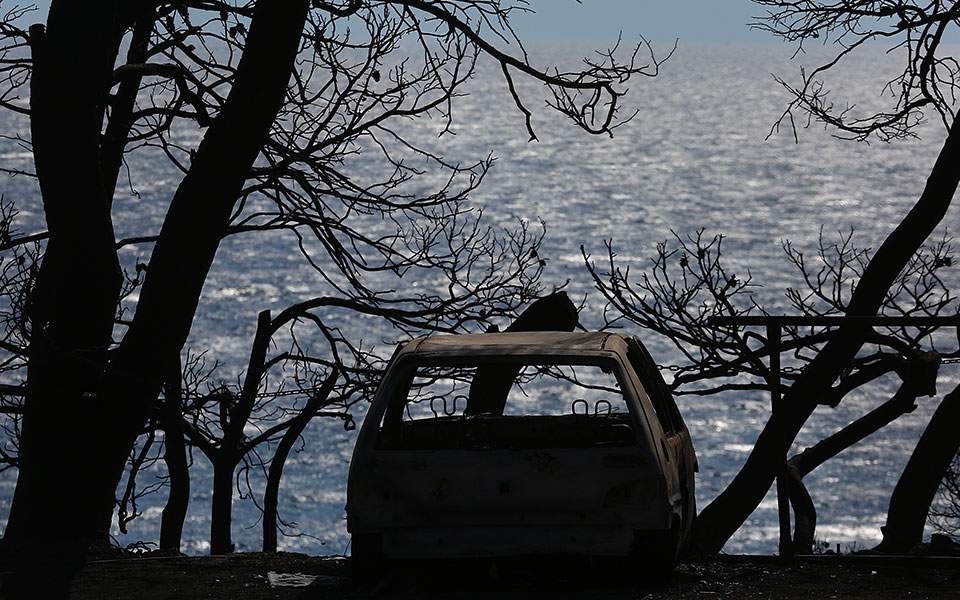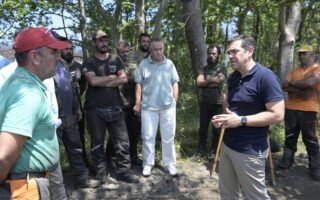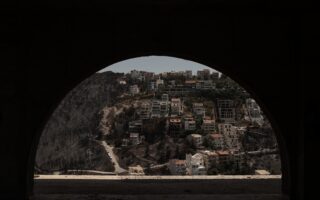Mati cannot go away

“How could we hide the casualties? You can’t hide casualties, but neither can you speculate about them.” How ironic. If you didn’t know that this quote belonged to the prime minister of the Greek government in 2018, when more than a hundred people perished in a wildfire in the East Attica seaside town of Mati, in a chaotic breakdown of communication and response by the state services, it would be impossible to disagree.
Four years after Alexis Tsipras had that to say in reaction to the heavy criticism he came under from the opposition at the time (now-ruling New Democracy), the trial into the Mati tragedy has come to confirm in the most emphatic manner that the dead never lie in the past. They are constantly present, even when we think that time’s healing power has blunted some of the pain.
Every effort made in the summer of 2018 to brush off the reactions, to spread the onus around so it didn’t stick to any one person or agency is now coming back with a vengeance to bite the people responsible for the woeful response to the tragedy, through the witness testimonies.
No one on that courtroom stand is speculating or making suppositions. They are talking about what they saw and experienced. They are describing scenes that are immutable and immune from political exploitation. They are describing the smells, the screams, the flames, the dead, the burned. It is realism at it rawest, frame by frame. They are describing nightmares, reviving scenes, four years later. One witness used the word “Pompeii” to describe the scene. “Even though I survived, I may as well have been dead,” said another.
How does a society come to terms with 104 dead, of whom 100 were burned alive? Now that the tragedy is no longer fresh, that the truth cannot be disguised as a lie, that its impact cannot be played down or assessed only in terms of political cost, what are the consequences? Not for those who survived – the consequences for them are more than apparent – but for us, the citizens of this country, who are watching the trial unfold? Has nothing shifted?
No matter how much someone may ignore or avoid the subject, turn away from the stories of the town’s residents and unfortunate visitors, close their eyes and ears to their trauma, say that they will not or cannot hear or read about it, Mati will not go away. The egregious oversights of the authorities cannot be hidden.
Mati has already been inscribed on our legacy. It is an indelible part of it, whether we like it or not. We will carry it like a burden and it will define us, consciously or not.





